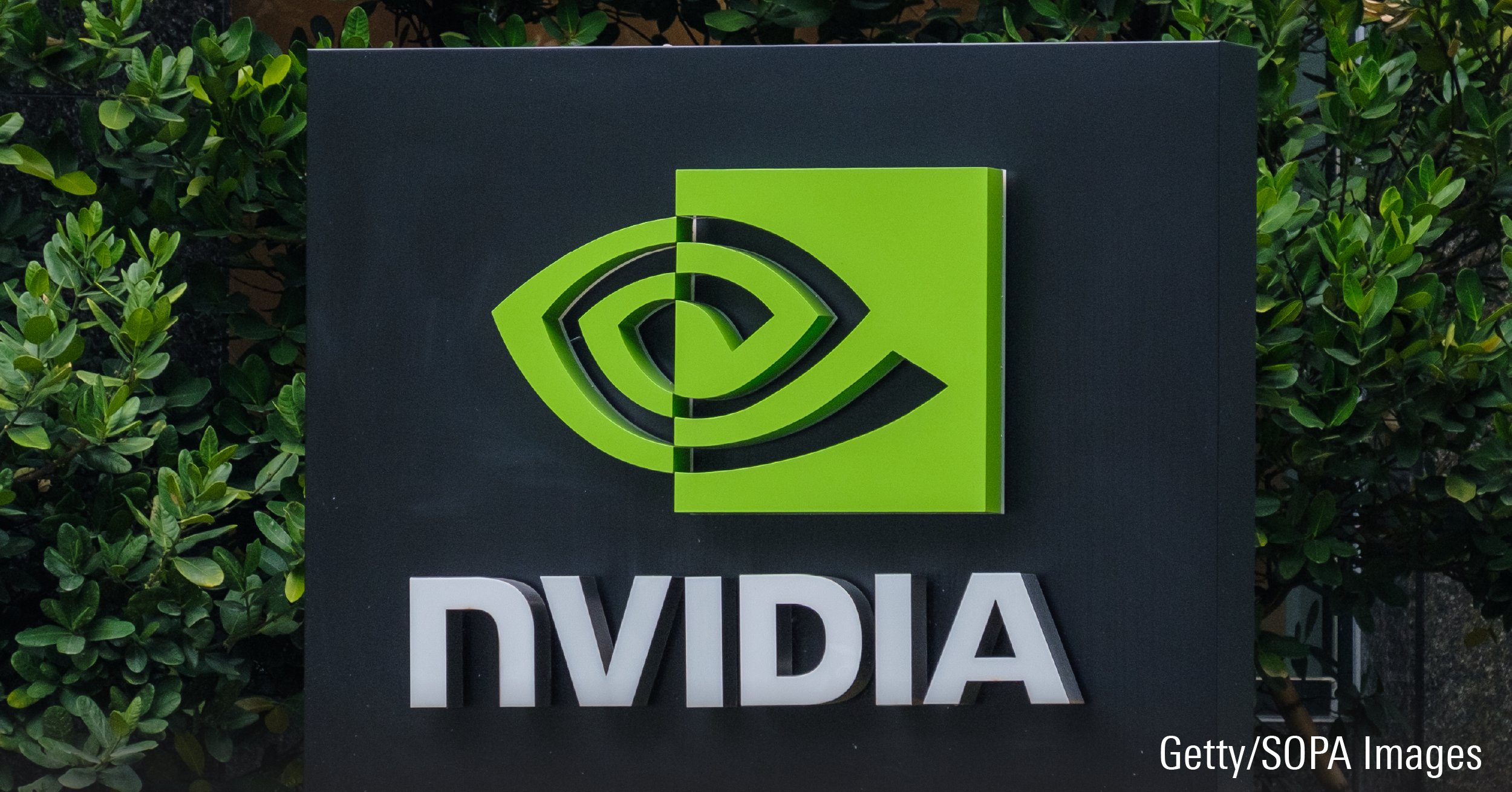Some consolidation in the U.S. equity market at this stage was to be expected, as the S&P 500 Index had a significant rally off its March low and was extended, says Ray Mawhinney, who heads the U.S. equity team at RBC Asset Management.
Of the macro picture, Mawhinney notes that while the U.S. economy has stabilized, it has yet to show clear signs of a recovery. "The equity market looks ahead and is likely anticipating an economic recovery in 2010."
A big question mark for the short term, he says, is the U.S. consumer. In the current environment, the trend is for consumers to save and pay down debt. "This has implications for consumption."
The good news, he says, is that business inventories have climbed back to more normal levels, after they were severely reduced toward the end of last year. Cost cutting and restructuring in many areas of the U.S. economy are decidedly assisting business profitability, he adds. "The next stage is for revenue growth and margin improvement, which is likely to be in evidence in 2010 and 2011."
Mawhinney, senior vice-president U.S. equities at Toronto-based RBC Asset Management, and his team are responsible forRBC U.S. Equity  . That fund, with assets of $2.27 billion, is one of the largest in the U.S. Equity category. It currently has 94 mainly large-capitalization names, and the investment style is growth at a reasonable price (GARP).
. That fund, with assets of $2.27 billion, is one of the largest in the U.S. Equity category. It currently has 94 mainly large-capitalization names, and the investment style is growth at a reasonable price (GARP).
 |
|
 |
|
| Ray Mawhinney | |
 |
|
 |
|
 |
Of the sectors in the U.S. equity market, Cameron Scrivens, vice-president and senior portfolio manager at RBC Asset Management and a member of Mawhinney's team, notes that health care stocks, one of his specialties, have not proved to be defensive in this recession. "Uncertainty about the impact of President Obama's proposed health care reforms has been a factor," he says. RBC U.S. Equity currently has 12.3% in health care, versus the 13.3% weighting in S&P 500 Index.
A new heath care holding in the fund is medical device company Boston Scientific Corp. ( BSX/NYSE), "which I see as a company recovery story," says Scrivens.
Boston Scientific has a specialty in cardio products such as stents and pacemakers. In June, Boston Scientific appointed Ray Elliott as its new president and CEO. "Elliott, who held that position at Zimmer Holdings, another medical device company, is credited with producing strong sales growth during his tenure at Zimmer," Scrivens says. Boston Scientific's chief financial officer is also a Zimmer alumnus. Growth in the overall market for cardio devices has slowed, says Scrivens, and the company's task is to stabilize and grow its market share. The consensus estimate for its earnings per share is US$0.56 for 2009 and US$0.70 for 2010.
Turning to other sectors, RBC U.S. Equity has 20.3% in technology (compared to 18.4% in the S&P 500) and "this overweight has proved to be a good move as these stocks have done well," Mawhinney says.
Here he and Scrivens are highlighting a long-time holding that is currently in the fund's top-10 list: computer-maker Hewlett-Packard Co. ( HPQ/NYSE). The company, says Scrivens, will benefit from the economic recovery, as well as from its extensive cost cutting and overall efficiency drive under the leadership of Mark Hurd. Another plus is "HP's expansion in the field of technology services." In May 2008, HP purchased EDS, a major U.S.-based global IT services provider, and HP has been integrating this acquisition, Scrivens says. The consensus EPS estimate for Hewlett-Packard for the fiscal year to October 2009 is US$3.75 and US$4.12 for the fiscal year to October 2010.
 |
|
 |
|
| Cameron Scrivens | |
 |
|
 |
|
 |
|
The team has added to its holding in U.S.-based software giant Microsoft Corp. ( MSFT/NASDAQ) which is also among the top 10 holdings in the fund. "Microsoft's Windows 7 PC operating system has far better prospects than its Vista product, and its new Internet search engine and decision-making tool, Bing, holds promise," Mawhinney says.
In the materials sector, the U.S. equity team has added International Paper Co. ( IP/NYSE) to the portfolio on its expectation that the company will benefit from the economic recovery. "This is a name that we have not held for some time," Mawhinney says. International Paper sells consumer and industrial packaging, which tends to enjoy an increase in demand early in an economic recovery, he says. "We consider that International Paper could outperform the stock market over the next 12 to 18 months, but do not view it as a core holding."
RBC U.S. Equity has four major U.S. banks among its top-10 holdings, and the portfolio has, in all, some 14% in the large money centre banks. The U.S. equity team, says Mawhinney, took advantage of the weakness in the U.S. stock market in March to add to these holdings, believing that "the valuation pendulum had swung too far to the negative on concerns that some of them would not survive." Now that the stock market considers that the big banks are on a firmer footing, they are "being valued as going concerns."
He cautions, however, that on the longer term the U.S. banks face substantial headwinds. "There will be more regulation, less leveraged balance sheets, and their problem loans will take time to be worked through."
The team has sold down its holding in Nike Inc. Class B shares ( NKE/NYSE). The sports and fitness footwear and apparel maker is seeing its sales slowing, says Scrivens. "It's a mature industry and highly competitive." Furthermore, says Mawhinney, "it is unclear where Nike's next growth platform is."















